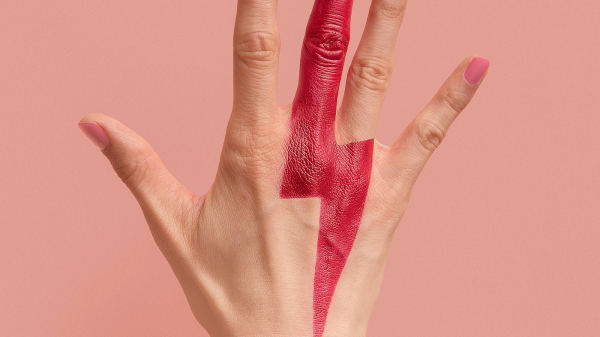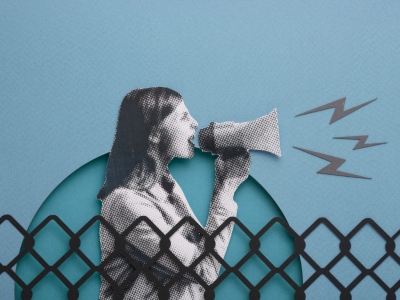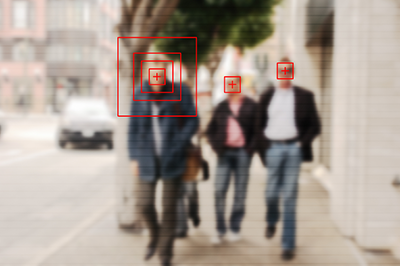
Justyna, an activist with the Abortion Dream Team, has been charged with aiding an abortion because she gave abortion pills to a woman who decided to terminate her pregnancy.
The HFHR has filed an amicus curiae brief in the case, indicating that Poland is one of the few countries in Europe with strict anti-abortion laws, and many international institutions stress that access to safe and legal abortion is a guarantee of respect for women's rights.
Abortion versus laws
Justyna was accused of providing abortion drugs to a woman desperate to terminate her pregnancy. The woman was in a difficult life situation and an abusive relationship.
Under Polish criminal law, aiding an abortion is an offence punishable by a prison term of up to three years. However, terminating one's own pregnancy is not a crime.
On 8 April 2022, the first hearing in the case was held before the Regional Court for the Praga district of Warsaw. The Court set the date of the next hearing for 14 July 2022.
Virtually no access to legal abortion
In its amicus curiae brief presented to the Court, the Foundation emphasised that Poland is one of the few European countries with very restrictive anti-abortion laws: it is estimated that 95% of women of working age in Europe live in countries that permit abortion on demand or on broad social grounds. The Foundation recalled that Polish authorities struggle to ensure access to abortion even in those rare situations where it is permitted in Poland and so far, no effective mechanisms have been introduced to allow pregnant women to exercise their right to abortion e.g. in cases where doctors refuse to terminate the pregnancy invoking the conscience clause. These problems are confirmed by judgments of the European Court of Human Rights and subsequent decisions of the Council of Europe's Committee of Ministers, which is responsible for monitoring the implementation of ECtHR judgments.
No access to abortion may lead to exposure to inhumane treatment
The Foundation stressed in the brief that several United Nations human rights monitoring bodies have repeatedly stressed that restrictive laws obstructing access to abortion may lead to violations of human rights, including the right to health, life or protection of the right to privacy, equal treatment and may even result in exposure to inhuman and degrading treatment.
The Committee on the Elimination of Discrimination against Women (CEDAW) notes that criminalising abortion and denying or delaying access to abortion violate women's reproductive and health rights and constitute a form of gender discrimination.
Furthermore, the World Health Organisation has cited numerous studies to show that the criminalisation of abortion has no impact on women's decision to terminate a pregnancy, nor has it stopped them from having an abortion or seeking information about abortion or travelling abroad to terminate a pregnancy. The criminalisation of abortion can have the opposite effect, as it poses a risk to the health and life of pregnant women by denying them access to safe and legal abortion.
The Foundation also stressed in the legal opinion that the latest WHO guidelines on abortion care indicate that pharmacological abortion is a safe, equivalent and acceptable method of self-induced termination of pregnancy no older than 12 weeks, even without medical consultation.
In the Foundation's view, international standards concerning access to abortion, including those pointing to the need for the decriminalisation of abortion, should be taken into account by the court when making the assessment of the conduct imputed to Justyna under criminal law, including the assessment of the degree of social harm it presents.




